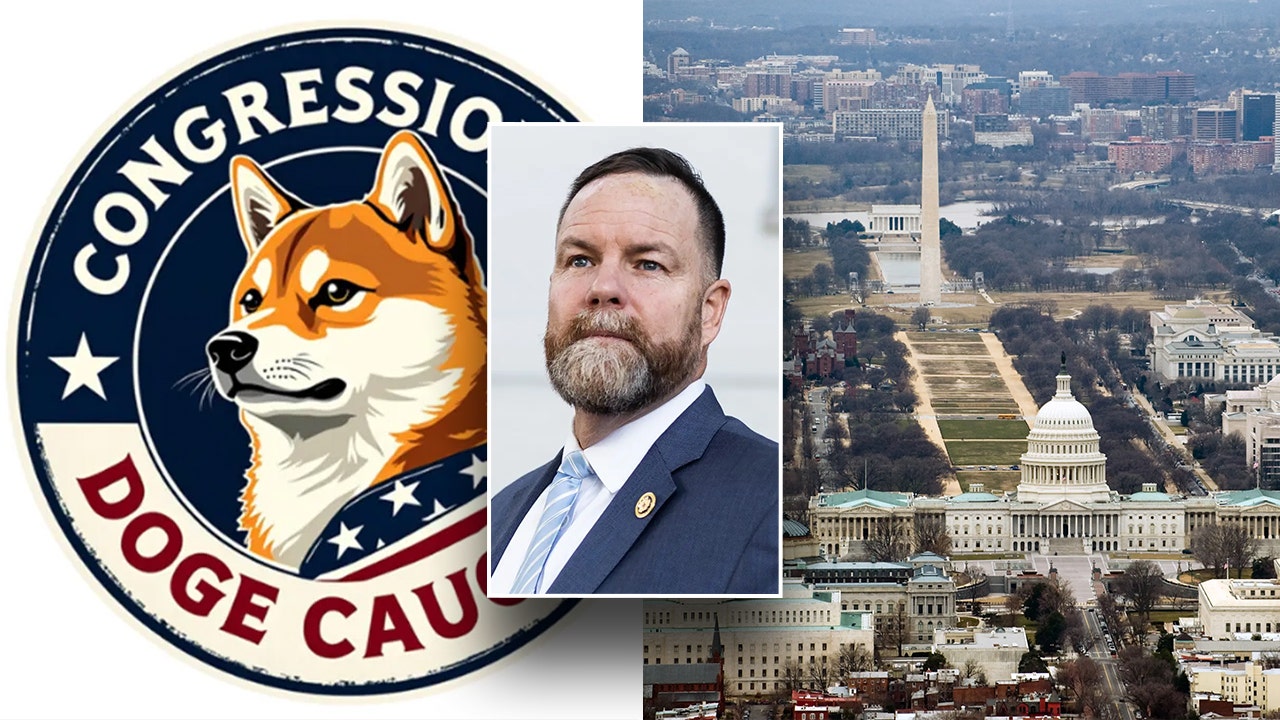DRAIN THE SWAMP Act seeks to move DC bureaucracy ‘out of crazy town,’ House DOGE leader says

The DRAIN THE SWAMP Act, proposed by House DOGE Caucus founder Aaron Bean, R-Fla., is set to be introduced this week as part of ongoing efforts to tackle government waste. This exclusive bill aims to mandate that one-third of federal agency headquarters-based employees be relocated “outside the Beltway,” with a focus on selling underutilized office space in Washington, D.C. The legislation, officially known as the Decentralizing and Reorganizing Agency Infrastructure Nationwide To Harness Efficient Services, Workforce Administration and Management Priorities Act, is designed to bring greater accountability to Washington’s bureaucracy.
Bean, who established the bipartisan DOGE caucus in November, emphasized that the DRAIN THE SWAMP Act is crucial in combatting the pervasive culture of inefficiency in the nation’s capital. “The swamp is thick and deep here in crazy town, and I’m here to drain it,” Bean remarked in an interview with Fox News Digital.
Exempt from the legislation are agencies such as the Pentagon, DHS, CIA, and NSA, which are situated outside of Washington, D.C. The bill would require the remaining 70% of federal workers in the district to work in person full-time, while the Office of Management and Budget would be tasked with selling or terminating leases on vacated office spaces to save taxpayer funds.
Senator Joni Ernst, R-Iowa, who serves as Bean’s DOGE counterpart in the Senate, has introduced companion legislation to expedite the reconciliation process between House and Senate versions of bills before they reach the president’s desk.
The DOGE Caucus, spearheaded by Bean, has gained traction with the addition of GOP co-chairmen Pete Sessions of Texas and Blake Moore of Utah. Sessions, chair of the House Oversight Subcommittee on Government Operations, has previously highlighted the billions of dollars lost to fraud and improper government payments over the past two decades.
Elon Musk, the executive leader of the DOGE caucus, emphasized the importance of eliminating wasteful spending to benefit taxpayers. Musk revealed that oversight efforts led to the discovery of erroneous Social Security payments to individuals listed as 150 years old.
Moore, with significant roles on the Budget and Ways & Means Committee, plays a key role in addressing fiscal matters within the government. The DOGE Caucus, with its bipartisan approach, is committed to streamlining government operations and ensuring that taxpayer dollars are utilized efficiently.
In conclusion, the DRAIN THE SWAMP Act represents a significant step towards reforming the federal bureaucracy and promoting fiscal responsibility. By decentralizing agency infrastructure and prioritizing efficiency, lawmakers like Aaron Bean and Joni Ernst are working to ensure that government works for the American people, not the other way around.




